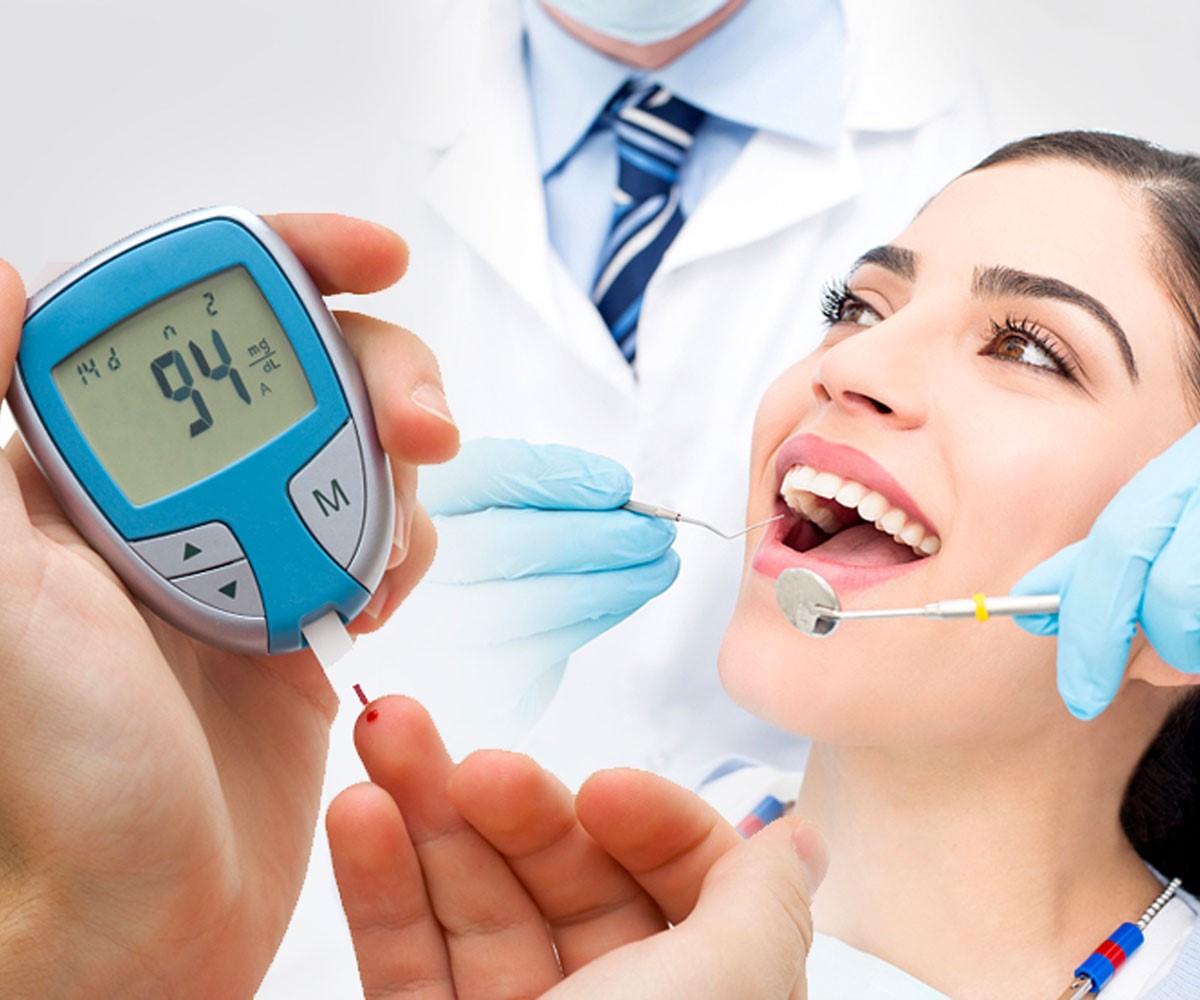
Metabolic control affects immune performance. High blood sugar levels alter the body’s response to oral bacteria. The gums become more susceptible to plaque irritation. This leads to inflammation even at moderate bacterial levels. Neutrophil function becomes less effective under hyperglycemia. Healing slows and tissue repair weakens. The body overreacts in some areas while under-responding in others. This imbalance drives deeper periodontal destruction.
Inflammation in the gums may raise systemic markers like C-reactive protein
Oral infections don’t stay local. Inflammation in the gums may raise systemic markers like C-reactive protein. These markers circulate through the bloodstream and worsen insulin resistance. Periodontal pockets act as reservoirs for inflammatory mediators. They contribute to a chronic low-grade systemic burden. This ongoing inflammation interferes with glucose metabolism. Blood sugar becomes harder to control despite medication.
Advanced gum disease may raise HbA1c values by increasing insulin resistance
Poor oral health affects diabetic control. Advanced gum disease may raise HbA1c values by increasing insulin resistance. These elevated readings reflect prolonged blood sugar elevation. HbA1c values don’t only respond to food or stress. Chronic inflammation from gum disease adds another variable. Treating the gums often lowers these values within weeks. Periodontal health becomes an essential part of diabetes management.
Bleeding during brushing may be an early warning sign of systemic imbalance
Mild symptoms can reflect deeper issues. Bleeding during brushing may be an early warning sign of systemic imbalance. Gums that bleed without trauma signal inflammation. Diabetics may notice more frequent bleeding episodes. Swelling or tenderness can also appear. These signs suggest active disease even when teeth feel stable. Ignoring them allows damage to advance silently.
Glycemic spikes impair the function of collagen and slow down wound closure
Healing becomes compromised at the tissue level. Glycemic spikes impair the function of collagen and slow down wound closure. Collagen supports gum integrity and periodontal ligament strength. Diabetics produce collagen differently under unstable sugar levels. This slows recovery after cleaning, scaling, or surgery. Healing sites remain vulnerable longer than expected. Delayed repair increases infection risk.
Oral bacterial imbalance feeds into systemic insulin regulation problems
The microbiome plays an unseen role. Oral bacterial imbalance feeds into systemic insulin regulation problems. Diabetics show altered microbial diversity in the mouth. Pathogenic bacteria dominate over protective species. This dysbiosis worsens local inflammation. Bacterial toxins enter circulation through ulcerated gum tissue. The body responds by raising inflammatory hormones. These hormones oppose insulin action throughout the body.
Periodontal treatment can improve fasting glucose in patients with uncontrolled diabetes
Intervention affects more than the mouth. Periodontal treatment can improve fasting glucose in patients with uncontrolled diabetes. Studies show reductions in fasting blood sugar post-treatment. Even non-surgical cleaning helps lower systemic inflammation. Patients also report improved energy and fewer fluctuations. Regular dental visits become part of diabetic care plans. Dentists and physicians may coordinate timelines and outcomes.
Routine exams are vital because symptoms may remain mild until bone loss begins
Disease often hides in silence. Routine exams are vital because symptoms may remain mild until bone loss begins. Patients may not feel pain during early destruction. X-rays reveal vertical or horizontal bone reduction. Probing depths detect pocket formation around roots. Early treatment is less invasive and more successful. Delay results in more aggressive procedures.
Salivary changes in diabetics may increase plaque formation and dry mouth symptoms
Oral environment changes with metabolism. Salivary changes in diabetics may increase plaque formation and dry mouth symptoms. Reduced flow makes rinsing less effective. Sticky biofilms form faster and become harder to remove. Dryness increases the risk of decay and irritation. Certain medications may worsen these symptoms. Saliva substitutes and hydration help maintain balance.
Coordinated care between dental and medical teams improves long-term diabetic outcomes
Collaboration enhances patient stability. Coordinated care between dental and medical teams improves long-term diabetic outcomes. Endocrinologists address systemic control while dentists manage local inflammation. Patients receive consistent messages about hygiene and glucose. Treatment schedules align around lab markers and medication adjustments. Cross-discipline communication increases success in both areas.
